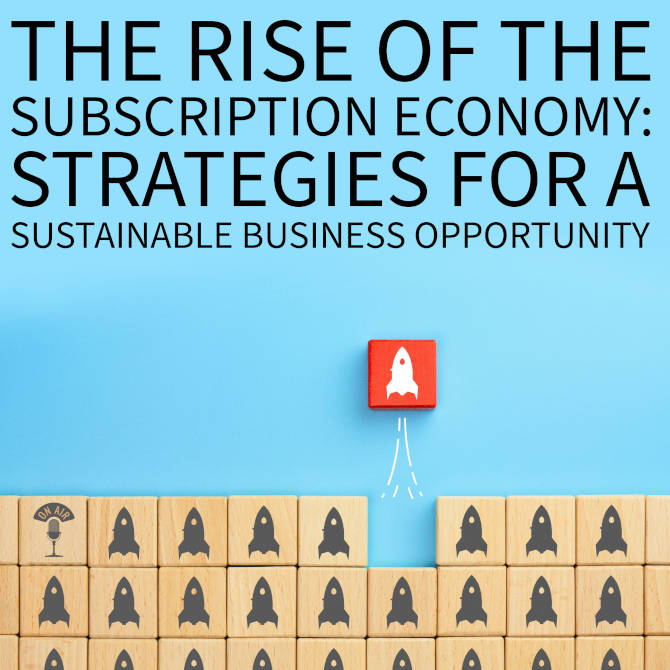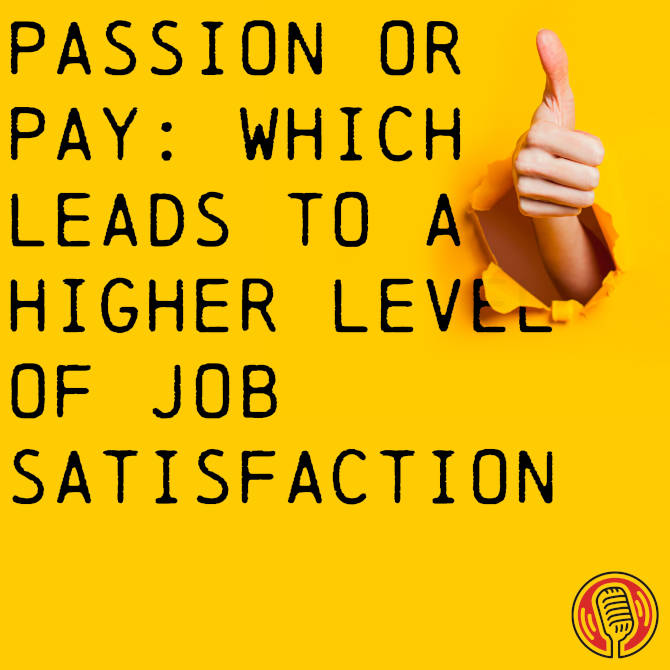Introduction: Elevating Leadership Skills with Emotional Intelligence (EI)
I think we can all agree that we are not just born with leadership skills. This is something that grows through experience and time. However, there is a way to jumpstart those skills at any stage of your business life.
The Transformation of Alex: A Case Study in Emotional Intelligence
Many years ago, I was consulting on change management for a financial company called Canada Life and there was this talented chap, for this specific example, I’ll change his name to Alex. Now, Alex had recently been promoted into a management position, and as I said, he is extremely talented in his field, and this was a well-deserved promotion. However, despite his technical know-how and expertise, he quickly found himself struggling to connect with his team, and was having difficulty in inspiring them to perform better.
After about three really challenging months, he decided to approach me on how to improve his leadership skills, which I was actually quite flattered to be honest. Now, I’m a great believer in the theory of emotional intelligence, EI for short, which I was introduced to by a previous company I was consulting at by an amazing chap called Peter Hall.
And I definitely noted the team leaders that went on an EI course really improved the way they dealt with their colleagues, customers, suppliers, and especially in the way they handled those tricky emotional charge situations. So I explained a little bit about EI to Alex and then approached HR making a recommendation for Alex to attend a course on it, which luckily they obliged.
It’s very important for businesses to help their talent grow, otherwise you’ll find the talent will stagnate and eventually take their talent to another company, which none of us really wants to lose talent, do we?
Anyway, I’ll revisit Alex’s progress a little later on in this episode.
Even though emotional intelligence theory has been around for about five decades, it really became its own. In the competitive business world for the last couple of decades, when it caught the attention of senior management at Johnson and Johnson’s, they kind of redefined EI and how it could be used in leadership success across the business structure.
So I thought it would be great to explore the role of EI and its effects on leadership.
Shall we start?
Understanding Emotional Intelligence: The Foundation of Effective Leadership
I suppose before we start the full episode, I should define the theory of emotional intelligence.
Now, EI refers to the ability to recognise, understand and manage our own emotions, as well as the emotions of others. It encompasses five key components, self-awareness, self-regulation, motivation, empathy, and social skills.
Now, together, these components help individuals navigate the complexities of personal and professional relationships, making emotional intelligence a vital skill for leaders in today’s fast-paced, diverse, and obviously ever-evolving business landscape. The connection between emotional intelligence and effective leadership is definitely well established.
Emotional Intelligence in Action: Building Positive and Inclusive Work Environments
Emotional intelligence leaders are often quite effective because they’re better at understanding their own emotions and the emotions of their team members. This insight enables them to make a more informed decision and communicate more effectively and resolve conflicts in a very productive manner.
Furthermore, emotionally intelligent leaders tend to foster a positive and inclusive work environment, which leads to high levels of employee satisfaction and ultimately better team performance. Who wouldn’t want that?
Developing emotional intelligence as a leader is an ongoing process that requires conscious efforts and commitment.
Developing Emotional Intelligence: A Leader’s Guide
To begin improving your self-awareness and self-regulation, start by reflecting on your own emotions and reactions in various situations. Ask yourself how you feel, um, why you feel that way and how your emotions may be influencing your actions. By understanding the root causes of your emotions, you can begin to manage them more effectively and prevent them from clouding your judgement or negatively impacting your relationship with others.
Empathy: The Heart of Emotional Intelligence
Another crucial aspect of… Developing emotional intelligence is enhancing your empathy. This involves putting yourself in the shoes of your team members and trying to understand their emotions, needs, and perspectives.
By doing this, you can create a more supportive and inclusive environment that empowers your team members to do their best work, actively listen to your team members, ask open-ended questions, and show genuine interest in their well-being.
Social Skills: Navigating Professional Relationships with EI
Another element would be developing strong social skills, and effective communication, collaboration, and conflict resolution, all require a high level of social competency. That means you would have to improve your social skills, focus on active listening, and clear and concise communication, and maintain a positive attitude in your interaction with others.
Additionally, by being open to feedback from your team members and seeking opportunities to engage in team-building activities that foster trust and cooperation. Now, when I say team-building activities, I don’t necessarily mean those that take you outside of the office and you do all these sorts of gaming aspects.
You know, team building happens continuously as you interact with your teams. Whether you are thinking of going on an emotional intelligence course yourself, I would always say, you know, it’s about team management. Getting every team leader involved, can actually yield significant benefits for the whole team, and that creates a positive and inclusive team culture.
Establish clear expectations for behaviour and performance, while also encouraging open communication and feedback. Make sure to provide constructive criticism when necessary, but also recognise and celebrate the achievements and successes of your team members. This isn’t done enough. I think companies forget to recognise their team members, and I think that’s a great shame.
You know, I remember working at one crypto agency where the team lead of the company didn’t like any form of feedback. In fact, he discouraged that, which made the team members peasant about sharing ideas or concerns. And when problems arose or mistakes were made, he was straight on their back criticising the team members.
And quite harshly, and offered absolutely no feedback or guidance on how to resolve those problems. As a result the team’s morale quickly deteriorated and a toxic work environment began to develop. I was away at one point, I went away for a weekend and when I came back it was an uproar. Team members came up to me threatening to leave if something wasn’t done about his attitude towards the team.
Now I’d spoken to him on many occasions but got a simple response, okay dad.
Now I hasten to add that I wasn’t his dad. Sadly, he was actually removed from that position, which, you know, he loved and was technically skilled at doing that specific job. If he had just implemented emotional intelligence in his team management approach, he would have fostered a more positive and inclusive culture, which would have resulted in him keeping his job.
I don’t hold any sort of malice for him, you know, he was a young guy, and he was making mistakes. Now, you see, when it comes to motivating your team, emotional intelligence leaders understand that different people are motivated by different factors. And we have to remember that not everybody does things the way we do it specifically.
So we should take the time to get to know our team members and identify their individual motivators, whether they be personal growth recognition or financial incentives. By tailoring your personal approach to each team member, you can inspire higher levels of engagement and performance. We all have to navigate challenging situations and resolve conflicts effectively, as if they’re essential aspects of emotional, intelligent leadership roles.
When we’re faced with difficult decisions or disputes, we should consider the emotions and perspectives of all parties involved. Approach conflicts with empathy and fairness. Seeking the solution and addressing the needs and concerns of everybody involved. And this is going to be extremely hard at first.
Because you’ll have your way of thinking. But we’re talking about opening that up. So keep in mind open lines of communication and encourage honest discussion as often as possible to prevent these conflicts from escalating. And that ensures a more harmonious work environment. So to illustrate the impact of EI on leadership, let’s go back to Alex’s story.
The Ongoing Journey of Emotional Intelligence: Alex’s Progress
As Alex began to develop his emotional intelligence, he actually noticed a significant shift in the dynamic of his team. By being more self-aware and empathetic, he was able to create that supportive and inclusive environment that we’ve been talking about. And by doing that, collaboration and innovation started coming out of his department, which was amazing. And Alex also became more adept at managing conflicts and providing constructive feedback, which helped for the annual reviews. They were more honest than the standard management review process. By following that, his relationship with his team members ultimately improved. And their performance skyrocketed.
And that was just the result of doing a one day course on this specific subject, which I would obviously highly recommend as a day can lead to having a competitive advantage over other businesses. And we all want that competitive advantage.
Real-Life Success Stories: Starbucks and Howard Schultz
There are many real-life examples of emotionally intelligent leaders who have made a positive impact on their team and organisation.
And I think we’ll stick to some well-known companies such as Starbucks, the former CEO Howard Schultz, who is known for his empathetic leadership style and commitment to employee well-being. Now, under his leadership, Starbucks introduced numerous initiatives aimed at supporting employees, such as comprehensive health benefits and stock options for part-time workers.
This focused on emotional intelligence and employee well-being. And that has been credited with helping to create a highly engaged workforce and contributing to the company’s long-term success. And that’s why I chose Starbucks because we all pretty much know Starbucks. So if I were to sum this all up, emotional intelligence plays a critical role in effective leadership and team management.
And by developing your self-awareness, self-regulation, empathy, and social skills, you can unlock the potential of your team and create this positive work environment that fosters innovation, collaboration, and high performance. And as you continue on your leadership journey, remember the story of Alex and the transformative power of emotional intelligence.
Conclusion: The Transformative Power of Emotional Intelligence in Leadership
By investing in your own EI, you can become a more effective leader and inspire your team to reach these dizzying heights. So, start honing your emotional intelligence. Now and watch as your team flourishes under your empathetic and effective leadership.
Anyway, that’s all I have time for now. You know what to do. Maybe push the like button and if you have comments by all means add your comments or reach out and we can have a matter. Thank you very much.
Bye bye now.











